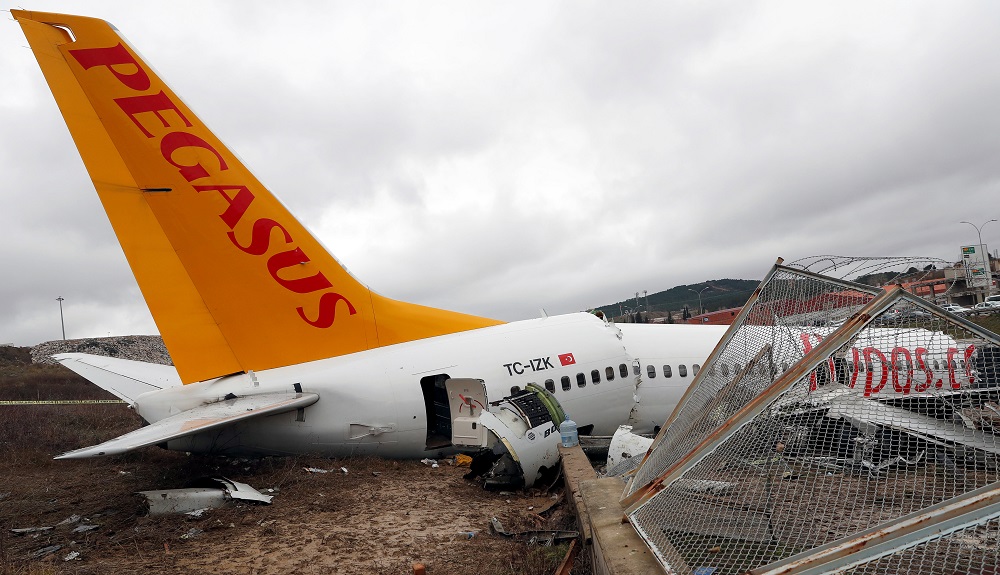Tragedy at Muan: Investigating the Jeju Air Disaster
The South Korean police have commenced an investigation into the Jeju Air crash, which resulted in 179 fatalities. They raided Jeju Air and Muan International Airport. Investigators are examining the cockpit voice recorder for insights, while a probe is also conducted by international aviation authorities.

South Korean police have launched an extensive investigation following the tragic Jeju Air crash that claimed 179 lives on Sunday. The involved parties include Jeju Air and the operator of Muan International Airport, both of whom have already been subjected to police raids. The incident occurred when the Jeju Air 7C2216 flight, en route from Bangkok to Muan in southwestern South Korea, belly-landed, overshooting the runway and colliding with an embankment, leading to a catastrophic explosion.
Among the passengers, only two crew members, stationed at the tail end of the aircraft, were found alive. The conversion of cockpit voice recorder data has been completed, potentially offering crucial information about the incident's final moments. Investigators from the U.S. National Transportation Safety Board, Federal Aviation Administration, and Boeing join their South Korean counterparts in this probe.
Police have restricted the movement of Jeju Air's chief executive, Kim E-bae, and another senior official, labeling them as key witnesses. The investigation has centered on a rigid embankment structure intended for guiding landings, criticized for its proximity to the runway. The ongoing scrutiny underscores the serious public concern surrounding the Boeing 737-800 model. A thorough investigation into the aircraft's operations and maintenance is underway.
(With inputs from agencies.)










